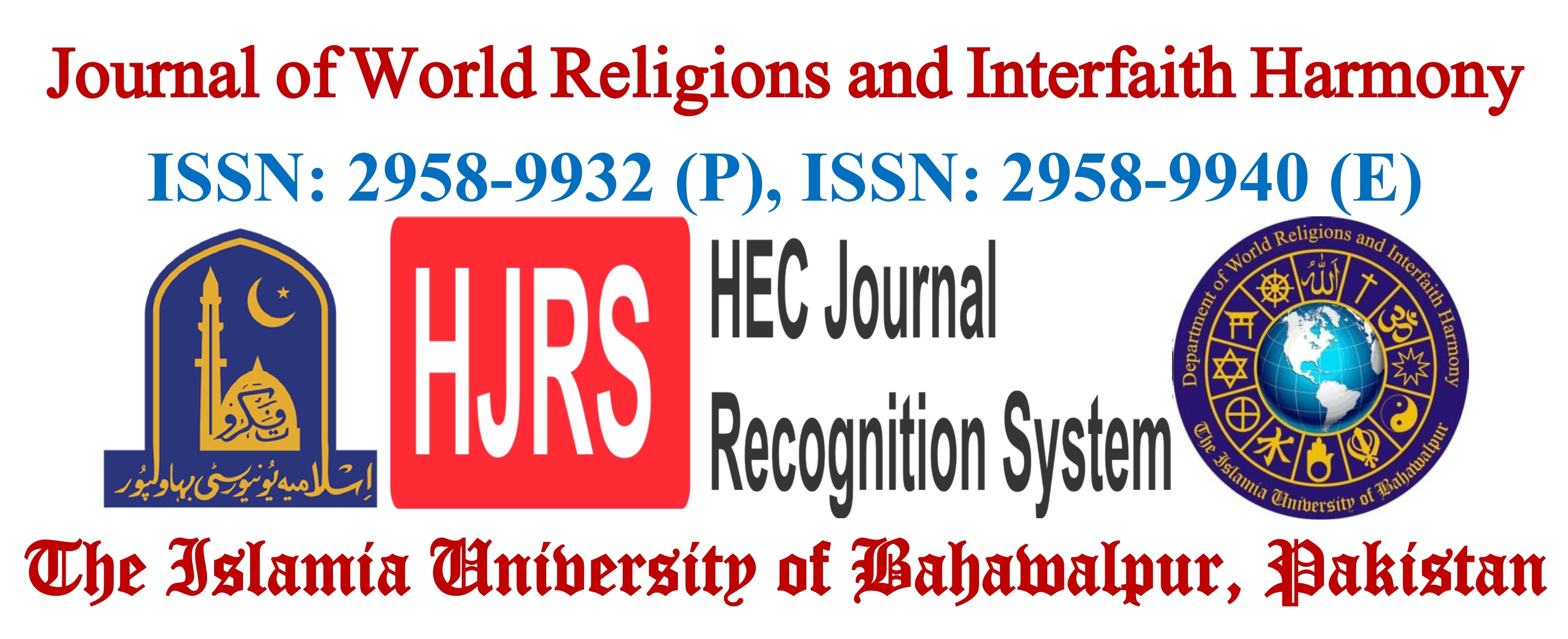Images from the Prophet’s Islamic Welfare State: Short Analysis in Pakistan’s Perspective
Abstract
In theory, social welfare encompasses various policies and interventions designed to improve the overall welfare of individuals, families, and communities. It includes economic, health, educational, housing, income maintenance and social support systems that contribute to people’s well-being, and reduce inequality, poverty, and social exclusion. These programs play a crucial role in supporting poor, develop mentally challenged, and disadvantaged groups in society. Policies may also prevent social disintegration and maintain equilibrium.
The Prophet Muhammad’s model of a welfare state, established on Divine Guidelines and exemplified in his lifetime and the early Islamic community of Medeenah, is an idealized concept. It recognized that true well-being encompasses all dimensions of human life emphasizing governance, justice, equality, and compassion as well as moral, spiritual, social wellbeing and political dimensions for all members of society. While its principles are universally relevant, this paper considers its applicability in Pakistan’s perspective.
Downloads
Published
How to Cite
Issue
Section
License
Copyright (c) 2024 Badr Hashemi

This work is licensed under a Creative Commons Attribution-NonCommercial 4.0 International License.






